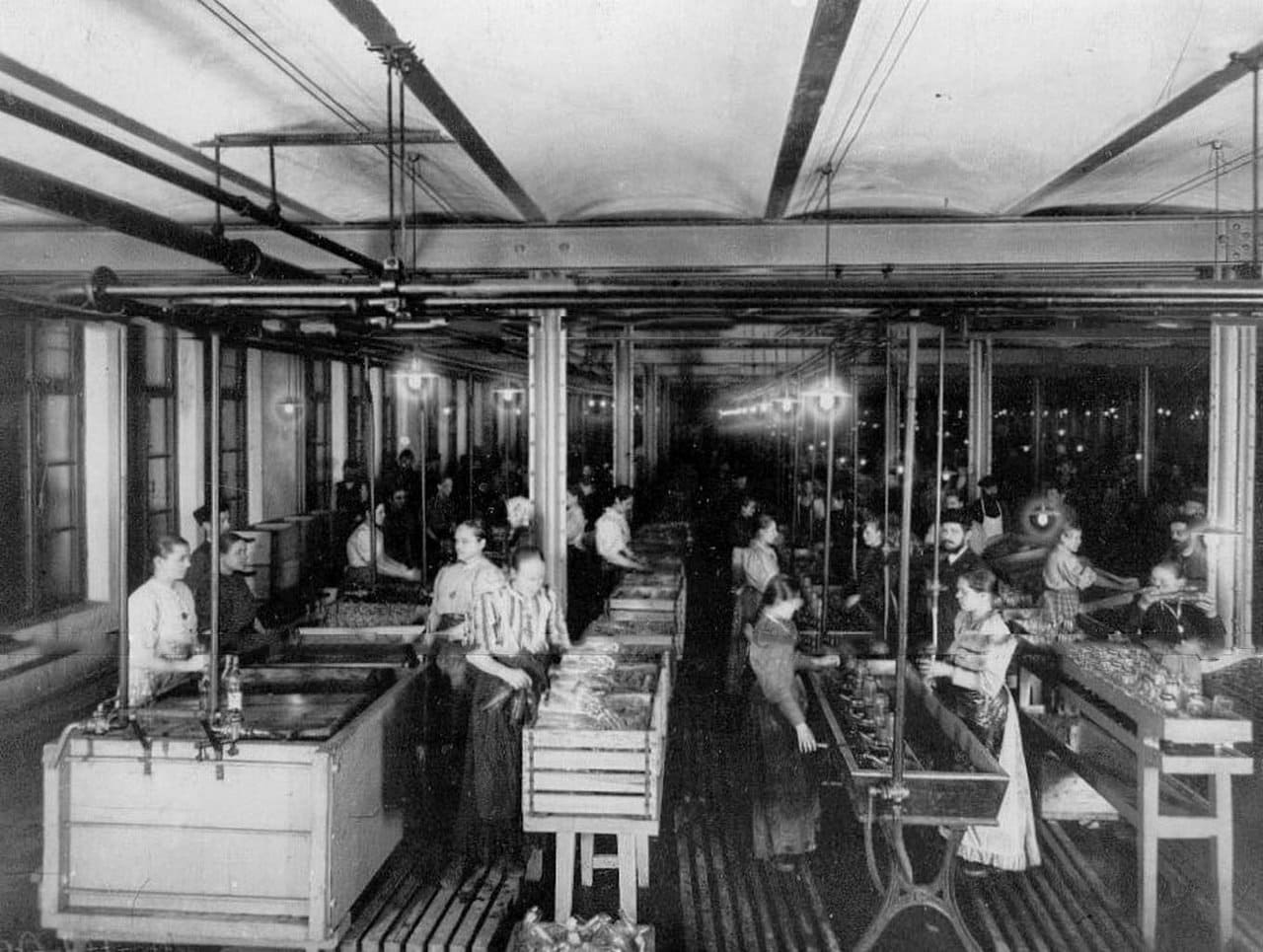
ADVERTISEMENT - CONTINUE READING BELOW
The Russian Government Deliberately Promoted and Encouraged Widespread Alcoholism
In the 1500s, Russia’s Tsars began to set up establishments to distill and sell vodka. By the 1640s, vodka had become a government monopoly. The Tsarist tax system was regressive, in that it fell proportionally heaviest not upon the richest, but upon the poorest. Much of that tax revenue came from sales taxes. By the 1850s, nearly half of Russia’s government revenue came from the taxes and duties on vodka sales. By the start of the twentieth century, the Smirnoff Vodka brand alone accounted for a full third of the Russian army’s budget.
Because of its vodka monopoly, the Tsarist government encouraged vodka consumption for generations, even at the price of widespread alcoholism among their subjects. Tsar Peter the Great reportedly decreed that the wives of peasants should be whipped if they dared to try and drag their inebriated husbands out of taverns before they were ready to leave. He also used alcoholism to help with military recruitment: those who drank themselves into debt could avoid debtors’ prison if they enlisted in the Russian army for 25 years.

